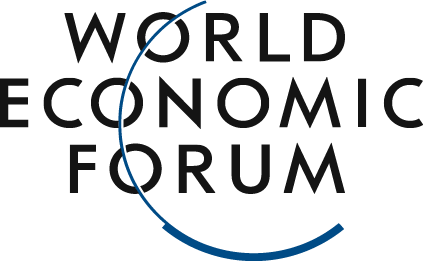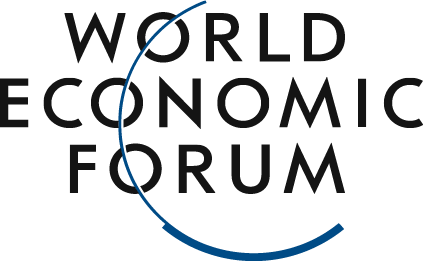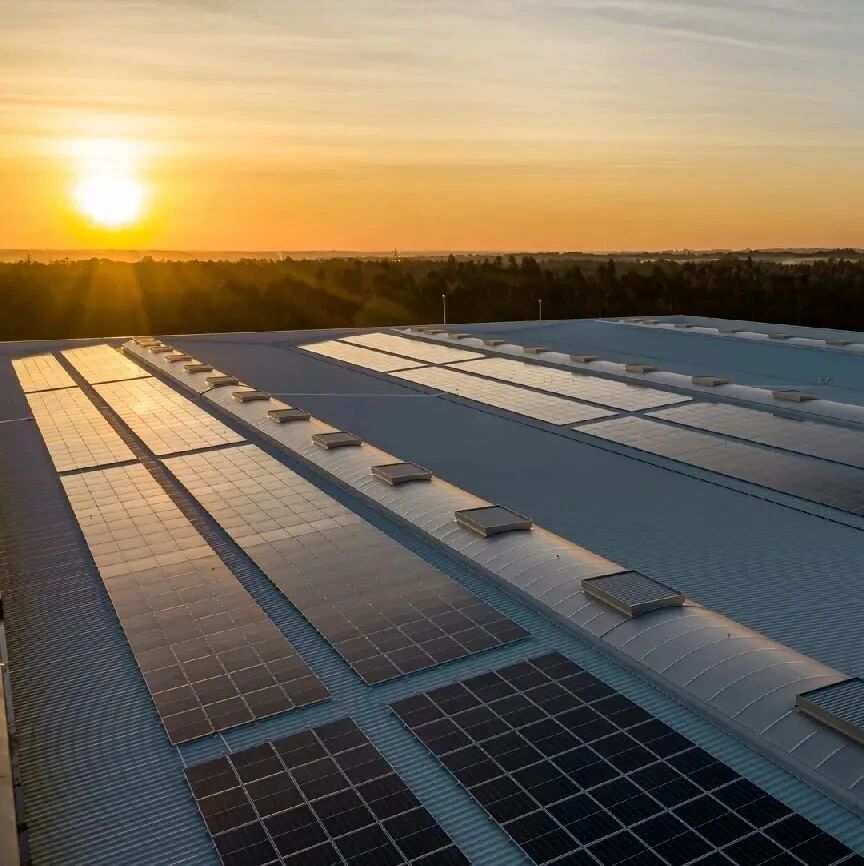Image source:Ruslan Bardash on Unsplash
Tang Jiacheng
Chairman of the Hong Kong Stock Exchange
The escalating geopolitical tensions and the growing complexity of the macroeconomic environment are increasingly exposing the global financial system to the risk of fragmentation.
In this environment, the role of international financial centers in building and maintaining global connections—and fostering dialogue—becomes absolutely critical.
Hong Kong's capital market is paving the way for the development of the global financial system through practical initiatives, while fostering closer ties between China and the rest of the world.
Against the backdrop of an increasingly fragmented global landscape, international financial centers can not only play a vital role in facilitating capital flows and strengthening global interconnectedness but also leverage their mature capital markets and extensive professional expertise to help build a future-oriented financial system worldwide.Today's complex geopolitical environment is putting significant pressure on global trade and capital flows, making it increasingly difficult for the world to collectively address long-term challenges—such as providing financial support for innovative ideas to drive economic growth, and leveraging financing to accelerate the global transition toward a sustainable, green economy.Cross-border interactions and cooperation among nations have always been a vital cornerstone for driving economic growth—yet the complex global situation has cast a shadow over this progress.Throughout my career, I’ve personally witnessed the critical role global capital markets play in driving economic growth. Ongoing cooperation in global trade, economics, and finance has historically fueled the robust expansion of the world economy—and helped tackle the challenge of poverty.Maintaining economic growth requires greater international cooperation, but in recent years, signs of fragmentation within the global financial system have run counter to the goal of using finance to support the real economy.The rise of protectionism could slow down trade activity, dampen investment, reshape global supply chains, and even cut off funding for some countries and businesses.Countries are also diverging in their approaches to tackling the climate crisis. While some nations are aggressively pushing for a net-zero transition, others are moving against the tide, obstructing the flow of products and materials essential to advancing that very transition.These multifaceted challenges are already impacting the global economic growth outlook. In its recent interim report, the Organisation for Economic Co-operation and Development (OECD) noted that global economic growth is projected to slow from 3.2% in 2024 to 3% by 2026.The Economist Intelligence Unit warns that if cross-border capital flows continue to slow and global cooperation further declines, this worst-case scenario could lead to a nearly 6% contraction in global GDP by 2030.Breaking through the complex situationWe need to break through the current complex situation, overcome geopolitical challenges, and build new relationships of trust and cooperation.At this critical moment, the role of the international financial center is particularly important.International financial centers boast extensive capital markets, a diverse investor base, robust fundraising capabilities, and innovative products, platforms, and channels that facilitate capital flows. These financial hubs are uniquely positioned to provide investors and issuers—operating across different time zones and economic cycles—with the essential capital and liquidity they need to seize opportunities, even amid volatile global conditions, thereby driving prosperity and progress in the global economy.Hong Kong is a prime example of how an international financial center can foster global cooperation.Facing numerous challenges in the macroeconomic environment, Hong Kong has consistently demonstrated resilience while actively promoting connectivity across multiple fronts to tackle the issues we’re confronting.Hong Kong possesses a unique advantage in connecting China with the world.We recently celebrated the 10th anniversary of our market connectivity mechanism—the Shanghai-Hong Kong Stock Connect. Over the past decade, the Shanghai-Shenzhen-Hong Kong Stock Connect has continuously driven innovation, expanded its scope, and improved efficiency across a range of asset classes, including equities, bonds, ETFs, and interest rate swaps.In addition to this groundbreaking market connectivity initiative, we are also continuously rolling out a series of measures aimed at optimizing market microstructure, making it easier for international investors to participate in our markets and seize the opportunities arising from China’s technological innovation. In recent years, China has witnessed rapid advancements in emerging fields such as artificial intelligence, new energy, and biotechnology, serving as a major driving force for global innovation. Meanwhile, investor support for China’s innovative industries helped propel Hong Kong’s trading volume and turnover to reach record highs last year.Moreover, Hong Kong, as an international financial hub, plays a vital role in supporting global innovation and the green transition. We are continuously refining our listing regime to stay ahead of the curve, committed to providing the next generation of innovative companies with the capital they need to thrive.Since 2018, we have progressively introduced a series of market reform measures aimed at positioning Hong Kong as a premier global fundraising platform for cutting-edge new economy and biotechnology companies. In 2023, we tailored a dedicated listing chapter specifically designed for specialized technology firms operating in sectors such as artificial intelligence, quantum computing, and next-generation energy solutions.Hong Kong's green finance ecosystem is also thriving: our climate disclosure practices are becoming increasingly transparent and robust; the ecosystem for ESG and sustainable investment products is growing rapidly; and we’ve established a voluntary carbon market to promote carbon credit products.As the global landscape undergoes transformation, super-connectors like Hong Kong must play a pivotal role—navigating complex situations, fostering dialogue, and driving future growth.The 2025 Seminar on Finance and Monetary Systems, held in Hong Kong, underscores the city's strategic significance. This event not only highlights the global financial community's growing interest in Asia but also further solidifies Hong Kong’s position as a premier international financial hub bridging Asia with the rest of the world.We are thrilled to partner with the World Economic Forum to bring global topics—such as capital market connectivity, the role of finance in driving innovation, and the green transition—to Hong Kong and Asia, while integrating the region’s unique perspectives. Together, we aim to foster meaningful dialogue and jointly shape the future of the global financial markets.This event is more than just a casual gathering—it’s a showcase of Hong Kong’s unique strengths as well as those of other global financial hubs: the ability to navigate dynamic environments, adapt to change, and fulfill a shared mission of fostering a more interconnected world.
Feel free to share this in your WeChat Moments; please leave a comment at the end of the post or on our official account if you’d like to republish.
Editor: Wang Can
The World Economic Forum is an independent and neutral platform dedicated to bringing together diverse perspectives to discuss critical global, regional, and industry-specific issues.
Follow us on Weibo, WeChat Video Channels, Douyin, and Xiaohongshu!
"World Economic Forum"





